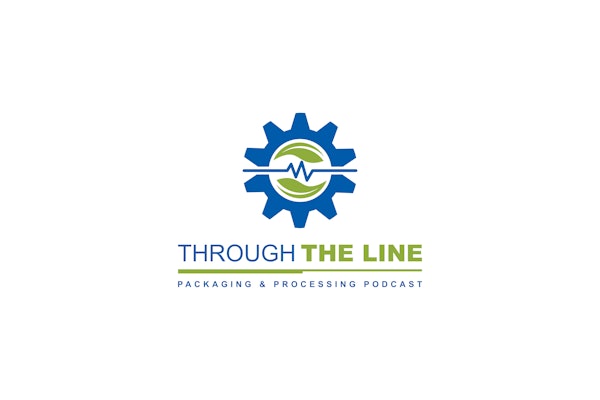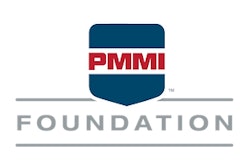In June, the Food and Drug Administration sent 23 Warning Letters to as many companies and individuals, putting them on notice that they were making illegal-fraudulent, to be more specific-claims that their dietary supplement and food products cured cancer, and warning them to stop or face more serious consequences, like seizure, injunction, or criminal prosecution.
The products' proprietors all claimed to either prevent or cure various forms of cancer, alleges the FDA. The products included a wide range of "tablets, teas, tonics, black salves, and creams" said FDA, and were sold largely via the Internet. The products contained, said FDA, "ingredients such as bloodroot, shark cartilage, coral calcium, cesium, ellagic acid, "Cat's Claw," and a variety of mushrooms.
What's especially troubling about these products is that they are often directed at seriously ill persons for whom conventional medicine offers little or no hope, and who are understandably desperate to try something new. In fact, there may even be emerging scientific basis for some of the claims, but for most there probably isn't.
So if FDA's issuance of a Warning Letter is an enforcement action, what happens after FDA sends it? Warning Letters to a company threaten more serious action-"seizures of illegal product, injunction, and possible criminal prosecution"-if the company doesn't stop marketing the product with the offending label claims.
In response to Warning Letters and to the accompanying commercial pressures, companies sometimes comply, withdrawing the product altogether or amending the labeling and advertising to avoid illegal claims.
But if the companies don't comply, FDA may or may not come after them with the more serious actions, simply because the agency lacks the resources to go after all the offenders with the strong actions. It's an especially big problem when sales are made over the Internet and the proprietor of the product cannot be identified or found with ease, or is overseas (though FDA is increasingly working on the overseas front).
The Federal Trade Commission can bring actions against those responsible for false advertising, and it often extracts large sums from the offenders.
Still, not all the violators are stopped, and that tends to raise doubts in the minds of consumers about the reliability of all dietary supplement products, and even for other types of foods and drug products that tout their health benefits.
Strong and fair and appropriate enforcement of the law's requirements ideally will lead to fair competition, more freedom for legitimate claims, and more consequences for illegitimate ones. Such fair and effective enforcement is therefore important not only to consumers, but also to a whole range of industries.
Read more about regulatory issues at www.healthcarepackaging.com/go/15
-By Eric F. Greenberg, Attorney-at-Law (www.ericfgreenbergpc.com)
The products' proprietors all claimed to either prevent or cure various forms of cancer, alleges the FDA. The products included a wide range of "tablets, teas, tonics, black salves, and creams" said FDA, and were sold largely via the Internet. The products contained, said FDA, "ingredients such as bloodroot, shark cartilage, coral calcium, cesium, ellagic acid, "Cat's Claw," and a variety of mushrooms.
What's especially troubling about these products is that they are often directed at seriously ill persons for whom conventional medicine offers little or no hope, and who are understandably desperate to try something new. In fact, there may even be emerging scientific basis for some of the claims, but for most there probably isn't.
So if FDA's issuance of a Warning Letter is an enforcement action, what happens after FDA sends it? Warning Letters to a company threaten more serious action-"seizures of illegal product, injunction, and possible criminal prosecution"-if the company doesn't stop marketing the product with the offending label claims.
In response to Warning Letters and to the accompanying commercial pressures, companies sometimes comply, withdrawing the product altogether or amending the labeling and advertising to avoid illegal claims.
But if the companies don't comply, FDA may or may not come after them with the more serious actions, simply because the agency lacks the resources to go after all the offenders with the strong actions. It's an especially big problem when sales are made over the Internet and the proprietor of the product cannot be identified or found with ease, or is overseas (though FDA is increasingly working on the overseas front).
The Federal Trade Commission can bring actions against those responsible for false advertising, and it often extracts large sums from the offenders.
Still, not all the violators are stopped, and that tends to raise doubts in the minds of consumers about the reliability of all dietary supplement products, and even for other types of foods and drug products that tout their health benefits.
Strong and fair and appropriate enforcement of the law's requirements ideally will lead to fair competition, more freedom for legitimate claims, and more consequences for illegitimate ones. Such fair and effective enforcement is therefore important not only to consumers, but also to a whole range of industries.
Read more about regulatory issues at www.healthcarepackaging.com/go/15
-By Eric F. Greenberg, Attorney-at-Law (www.ericfgreenbergpc.com)




















